This year, Europe is emerging from the deepest recession in a generation. But this has not been a normal recession. The number of insolvencies has come down over the last year, and non-performing loans (NPLs) are close to a historic low. Numerous government support measures, such as tax rebates, furlough schemes, moratoria and the suspension of insolvency proceedings were highly effective in temporarily bridging enterprises’ liquidity shortfalls.
However, most of these support measures have come to an end, and many firms’ liquidity buffers are depleted. Meanwhile, a range of sectors will need to confront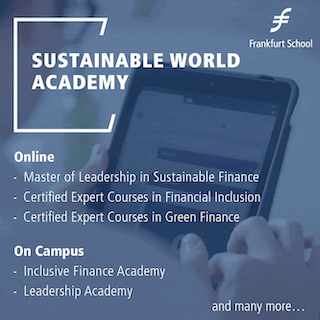 a fundamental reshaping of their business models. The European Systemic Risk Board, tasked with the big financial stability issues in Europe, speaks of a coming tsunami of insolvencies.
a fundamental reshaping of their business models. The European Systemic Risk Board, tasked with the big financial stability issues in Europe, speaks of a coming tsunami of insolvencies.
In developing countries, the COVID-19 crisis will be more protracted, and a full recovery is less certain. Many mid-sized companies entered the crisis with significant leverage levels, and the more numerous microenterprises are poorly

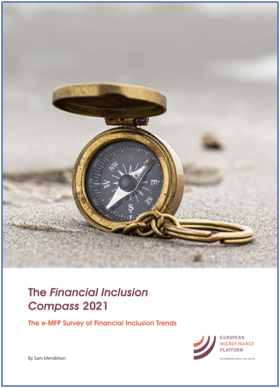

 Impact Investment Managers, a member of the UK-based Schroders Group, recently announced it raised USD 207 million in the second close of its COVID-19 Emerging and Frontier Markets MSME Support Fund, which is intended to counter “the economic consequences of the COVID-19 pandemic” among micro-, small and medium-sized enterprises (MSMEs) in low- and middle-income countries. The new investors in the funding round include IDB Invest, a member of the Inter-American
Impact Investment Managers, a member of the UK-based Schroders Group, recently announced it raised USD 207 million in the second close of its COVID-19 Emerging and Frontier Markets MSME Support Fund, which is intended to counter “the economic consequences of the COVID-19 pandemic” among micro-, small and medium-sized enterprises (MSMEs) in low- and middle-income countries. The new investors in the funding round include IDB Invest, a member of the Inter-American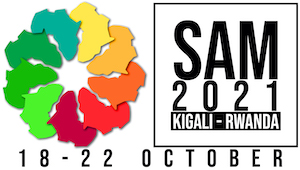 ADA: It’s official! The largest event in inclusive finance on the African continent, the long awaited African Microfinance Week (AMW 2021), will take place in Kigali, in the land of 1,000 hills and mountains: Rwanda. From October 18 to October 22, 2021, the SAM will address the theme of resilience, a concern that is all the more important in these particular times.
ADA: It’s official! The largest event in inclusive finance on the African continent, the long awaited African Microfinance Week (AMW 2021), will take place in Kigali, in the land of 1,000 hills and mountains: Rwanda. From October 18 to October 22, 2021, the SAM will address the theme of resilience, a concern that is all the more important in these particular times.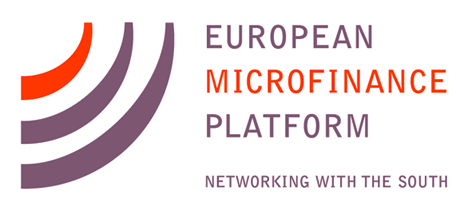
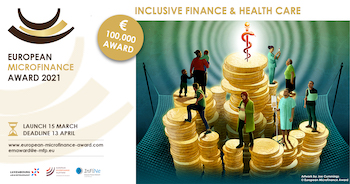 Why was “Inclusive Finance and Health Care” chosen as the topic of the European Microfinance Award 2021?
Why was “Inclusive Finance and Health Care” chosen as the topic of the European Microfinance Award 2021?